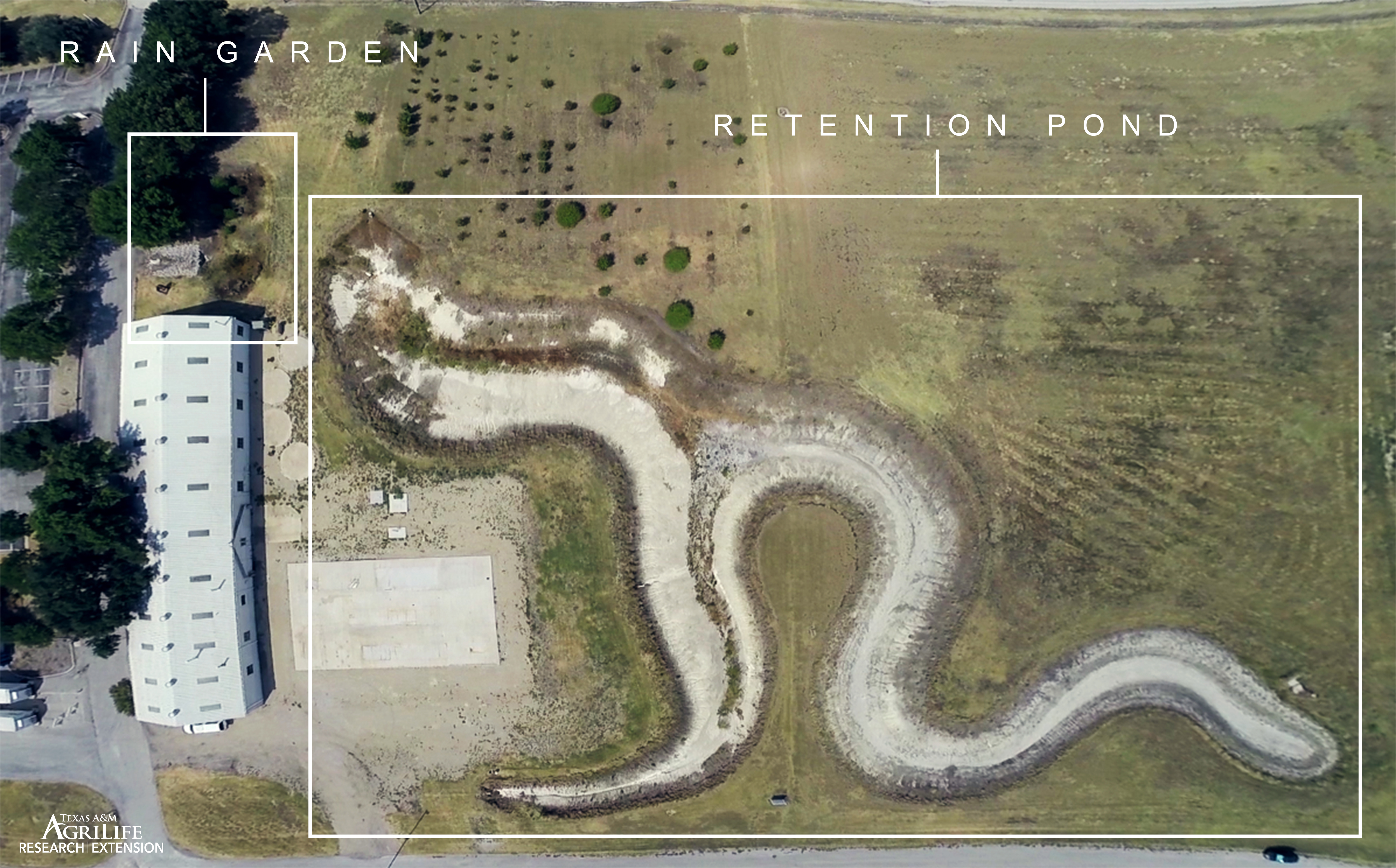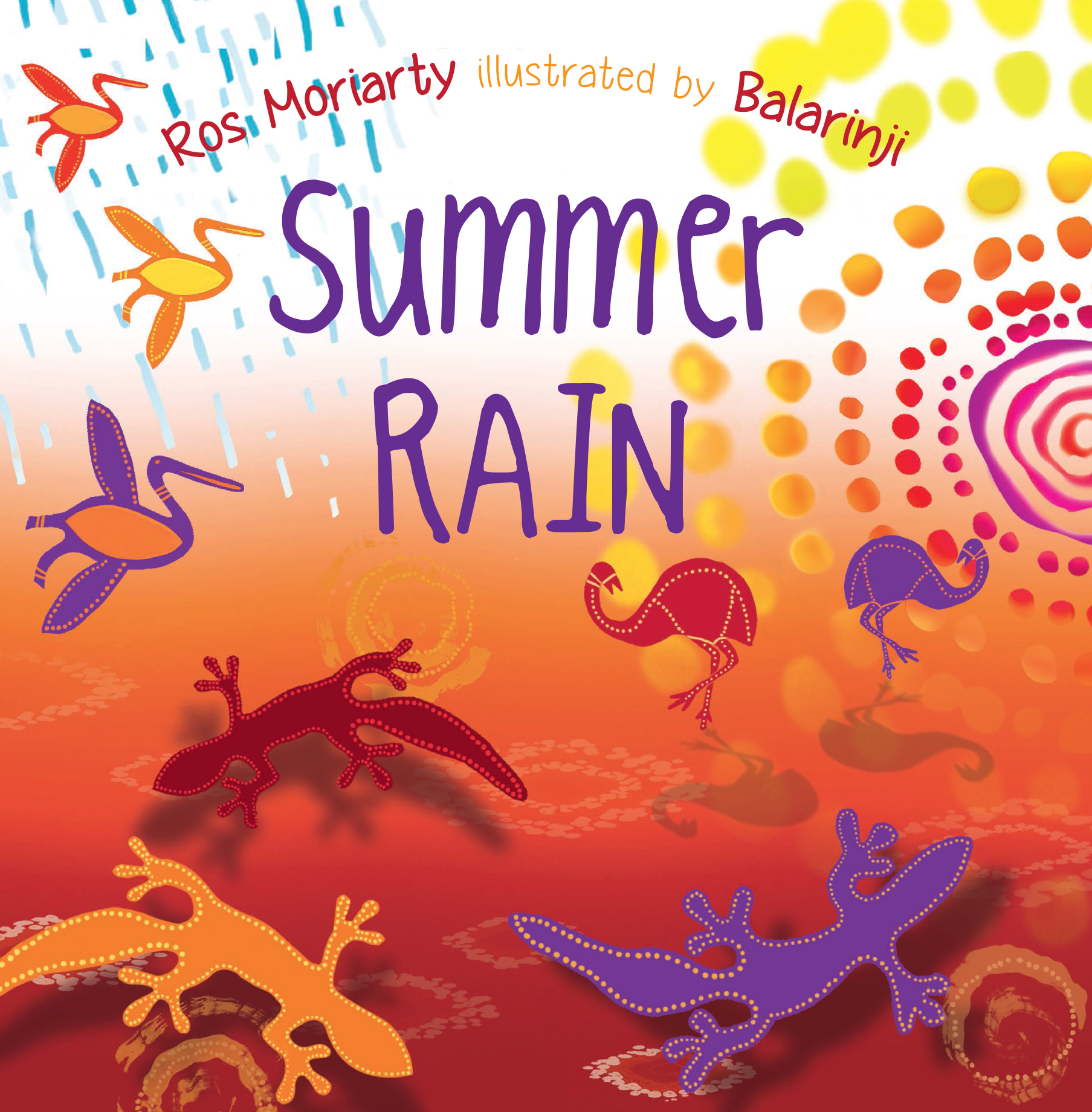
In A Swim in a Pond in the Rain, he shares a version of that class with us, offering some of what he and his students have discovered together over the years.

From the Booker Prize–winning author of Lincoln in the Bardo and Tenth of December comes a literary master class on what makes great stories work and what they can tell us about ourselves-and our world today.All that’s missing from that analogy is me repeatedly checking the mailbox to see if George wrote me a postcard, but that would be a downer of an ending to this wonderful book’s review (not to be confused with a wonderful book review), so it’ll surely be edited out. (“not about me,” eh, me?) and like a kid home from camp, not a day has gone by without a few thoughts of this deep moment or that fond element.

It’s been over a week since I finished A Swim. Fans of Understanding Comics or How to Read Nancy might enjoy placing turn-of-the-century Russian masterpieces under the microscope. With hang-out-sesh tonality, he weighs the beauty in misunderstanding against how utterly frustrating it can be to simply get what you’re being told. Through a panoply of pitch-perfect analogies, George Saunders puts the writer/reader at the reader/writer’s la-z-boy/typewriter.

In that last sentence, for example, the subject choices and use of the word ‘fudge’ paint both a true-ish and false-like picture of this reviewer. Be the relationship cave painter and archaeologist or mother and son, down to the nanosecond most of us (speaker and auditor) repeatedly fudge it up.

Even choosing to avoid it says multiple somethings about us. Communication’s a key ingredient to our daily life.


 0 kommentar(er)
0 kommentar(er)
